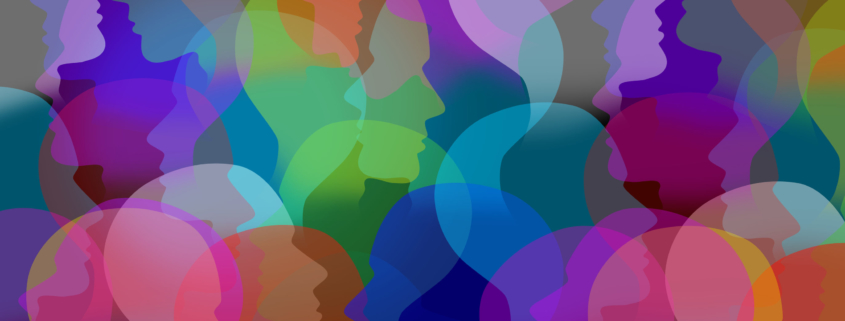Mental Health: Types of Treatment
By: Mirna Pacheco, LPC
People are more comfortable seeking help for emotional challenges than ever before. The need continues to rise, particularly during COVID-19. But the good thing is that as the need for mental health services increases, so have the options for those services and how telehealth has increased access to services.
Knowing that help is available provides hope, but important questions like, “where do I go?” “what kind of services do I need?” remain. Thankfully, NOAH’s team has some answers.
This guide shares information about different types of mental health treatment. The type of treatment will always depend on each individual and situation. Learning about the different treatment options is important to address stigma around seeking professional help.
Here are the main types of treatment currently available in mental health:
- Outpatient Mental Health Treatment:
This is the most traditional level of care where individuals meet with a mental health provider either for psychiatric care and/or counseling services. Patients meet anywhere from once a week, once a month, or as needed for care. Outpatient treatment can include services like general mental health for adults, children, and groups; people with serious mental illnesses; specific programs for conditions like substance abuse and eating disorders. Treatment usually starts with a full assessment and creating an individualized treatment plan. This ensures someone gets the proper treatment and level of care. Depending on the treatment setting, services could include mental health counseling, medication management, case management, and group therapy.
- Outpatient Intensive Programs:
Outpatient Intensive Program (IOP) usually refers to types of rehabilitation for individuals who suffer from addiction problems. But IOP can also help people who are facing different types of conditions like eating disorders and depression. This level of care allows people to continue an intensive treatment – typically between three to five days a week – while allowing them to go home, maintain a job, or engage in educational activities in-between treatments. IOP treatment includes group therapy often combined with individual counseling, case management, psychiatric care, and support groups.
- Residential Mental Health Treatment:
This level of care focuses on a specific type of treatment for mental health. Some centers specialize in long term substance abuse programs while others may provide an intensive treatment for eating disorders. These programs provide intensive treatment usually for 30 to 90 days and will help individuals learn skills for long term recovery.
- Psychiatric Hospitalization or Inpatient Care:
This type of care and treatment is for individuals who might be experiencing severe emotional distress to the level of requiring close monitoring. Hospitalization or inpatient care can also be used to continually evaluate and properly diagnose people who need help with mood stabilization and medication adjustment. Psychiatric hospitalization can be brief, typically 3 to 14 days. After that, the patient will get an evaluation and referral to a long-term level of care, IOP, or outpatient services.
No matter who you are or what you are going through, there is a treatment program and level of care that is right for you. Beyond what is listed above, there are also:
- 24-hour crisis providers
- Suicide prevention programs
- Short-term or long-term residential programs for children with behavioral health conditions
- Vocational rehabilitation programs for adults and adolescents
- Different levels of care for substance addiction and eating disorders
- Referrals to 12-step programs, support groups, and alternative treatments
Life will have challenges. Some days and life experiences will be more difficult than others. But now you know there are programs and support to help you overcome these challenges. One of the benefits of working with NOAH is the integrated approach to healthcare. By working with mental health providers to address those concerns, you will improve other areas of your health as well. Additionally, a medical doctor or nurse can make a simple referral for additional services throughout NOAH. Learn more or request an appointment today.










